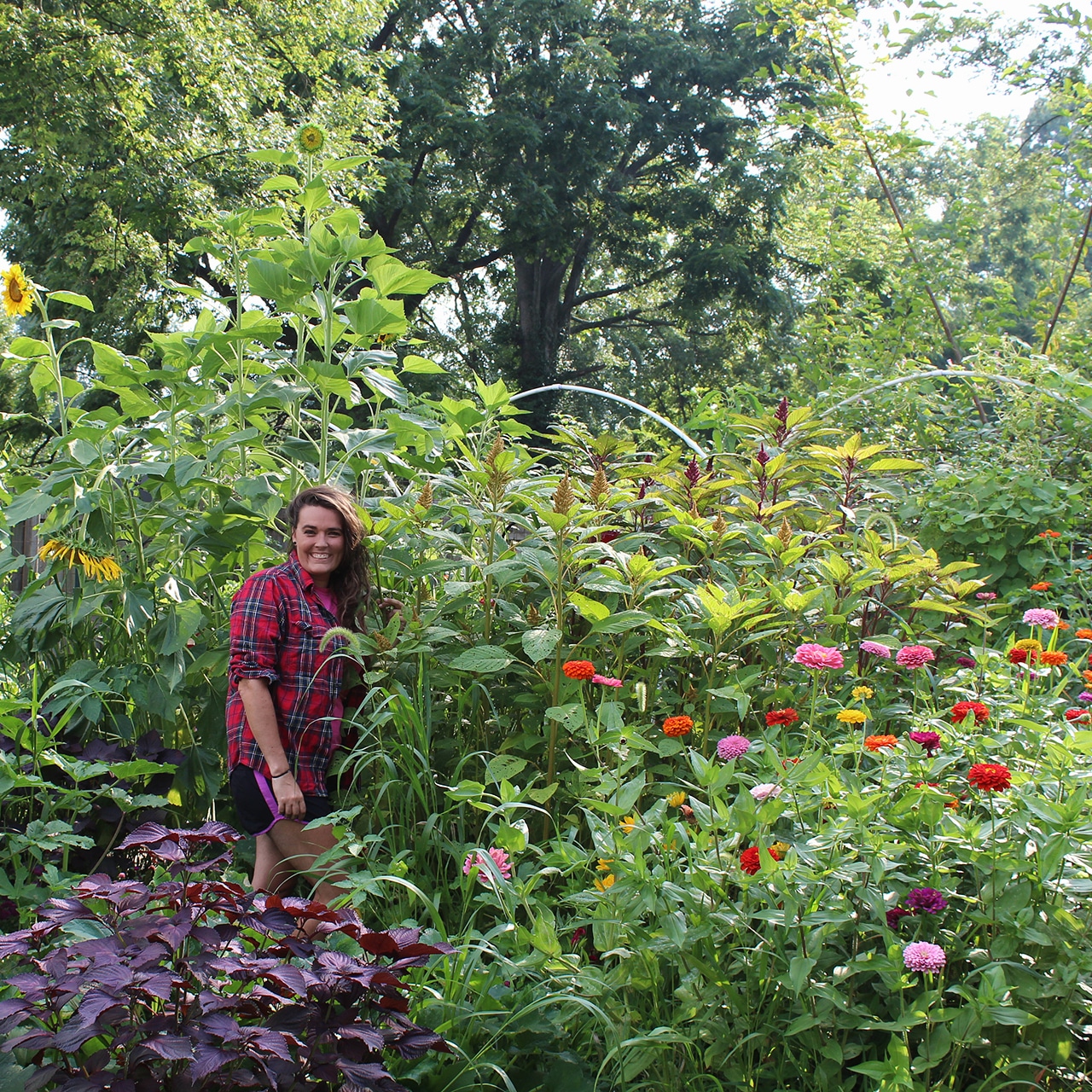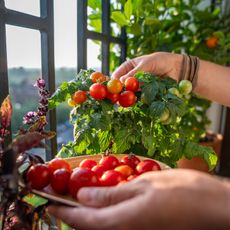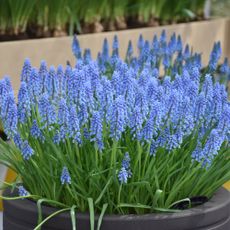The Best Way To Cut Flowers For Long-Lasting Arrangements


Establishing a cut flower garden is an easy way to beautify ornamental beds, as well as add a bright burst of color to the landscape. Homegrown flower arrangements and bouquets dazzle their recipients with their freshness and longevity. Learning to properly cut and condition garden flowers is important in preventing wilt, extending vase life, and crafting memorable displays. In this article, we will explore how to cut flowers from garden beds in greater detail.
Choosing the Right Tools
Flower growers use a wide variety of tools to harvest an abundance of colorful flowers from their gardens. Varying by species, characteristics like stem thickness will play a key role in determining which is the best tool to use. While secateurs or small hand-pruners are often ideal for smaller stems, those which are especially robust will require the use of pruners or larger by-pass shears. Specialty floral knives are also an option, although skill is necessary for their safe use.
Make sure to avoid any tool that would crush the stem when it is cut. Cut stems which have been significantly damaged are much more likely to languish, and will often have a diminished vase life.
How to Cut Flower Stems for a Vase
Though learning how to cut flowers for a vase is relatively simple, there are several ways to obtain the best results possible. Most important among these is making certain that blooms are only cut when the conditions are ideal. This can include factors such as the time of day, stage of maturity, and even soil moisture content. Gaining a greater understanding regarding when and how to cut flower stems will help growers to create stunning, lasting floral arrangements.
Best Time to Cut Flowers
Determining the best time to cut flowers will depend greatly upon the weather. Hydration is an essential aspect of your cut flower harvest. Cutting blooms at their peak will help avoid water-related stress and prevent premature wilt. Cool temperatures, such as those in the early morning hours, are especially beneficial in helping to maintain adequate levels of moisture.
Be certain to harvest flowers only at their peak of maturity. Though some flowers may continue to open after being removed from the plant, others may cease all growth processes at this time.
Best Way to Cut Flowers
The best cut flowers are those that are healthy and show no visible signs of damage caused by insects or disease. Stem length will most often be dictated by the overall height of each species. Still, experienced growers suggest that each bloom be cut back to the desired set of true leaves. Best practices suggest that no more than one-third of the plant should be removed after its flowers have been cut.
Gardening tips, videos, info and more delivered right to your inbox!
Sign up for the Gardening Know How newsletter today and receive a free copy of our e-book "How to Grow Delicious Tomatoes".
Post-harvest handling and conditioning will further play a role in the quality of the blooms. After cutting, each stem should be placed in a sanitized bucket or vase, filled with tepid water. Many find that floral feeds and other water additives formulated for cut flowers are especially helpful in keeping the plants looking fresh.
Why Do You Cut Flower Stems at an Angle?
Although cutting flower stems at an angle is not required, it seems especially popular among seasoned flower growers. Many believe this technique aids in the uptake of fresh water into the stem. Slanted cuts may also help prevent each stem from lying on the bottom of buckets or containers, where a build-up of bacteria is more likely to form. Routinely trimming each cut flower after it has been arranged will increase vase life and help to keep your blooms better hydrated while on display.

Tonya Barnett has been gardening for 13 years. Flowers are her passion. She has transformed her backyard into a cut flower garden, which she regularly chronicles on her YouTube channel http://www.youtube.com/@tonyawiththeflowers.
-
 Best Tomatoes For Containers: 10 Tastiest Varieties For Plentiful Produce In Compact Areas
Best Tomatoes For Containers: 10 Tastiest Varieties For Plentiful Produce In Compact AreasThese are the best tomatoes for containers that prove you don't need to have a large space or elaborate garden to grow delicious produce.
By Bonnie L. Grant
-
 Ultimate Potted Flowers For Spring: 8 Brilliant Blooming Options for Spring Containers
Ultimate Potted Flowers For Spring: 8 Brilliant Blooming Options for Spring ContainersCelebrate the most uplifting of seasons with the most dazzling container flowers imaginable. Here, we present some of the loveliest potted flowers for spring…
By Tonya Barnett